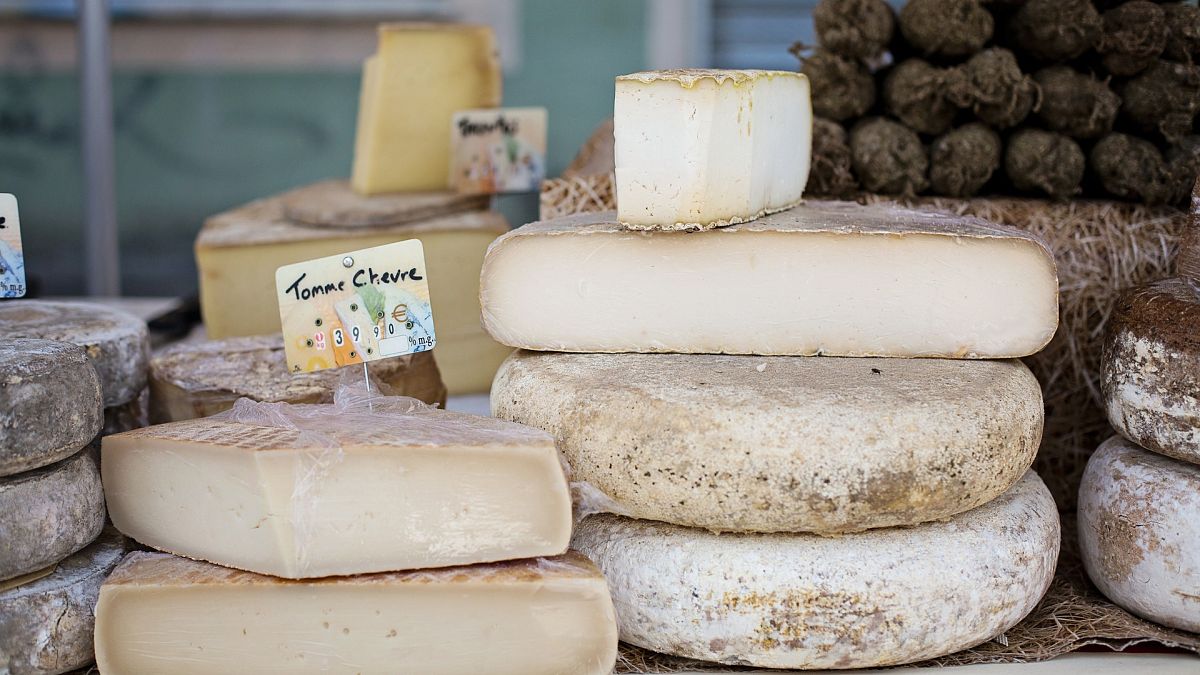At first glance, blocks of feta produced in Australia or in Greece are not as different as chalk and cheese. But for the European Union, they are.
At first glance, blocks of feta produced in Australia or in Greece are not as different as chalk and cheese. But for the European Union, they are.
The Australian ministry for trade on Tuesday released a list of 408 products — 172 foods and 236 spirits — the EU wants protected as Geographical Indications (GIs) as part of a trade deal between the two parties.
Among them: Feta, Gruyere, Manchego, Bleu d'Auvergne, Cantal, Gorgonzola, Roquefort, Nurnberger Bratwurste and Scotch beef.
'Enormous opportunities'
Trade Minister Simon Birmingham told ABC television on Tuesday morning that the country "doesn't like the idea of geographical indications but this is a non-negotiable element from the European Union."
In a statement, he said the government's consultation with farmers would "help us better understand the views of Australian industry, which will assist us in our ongoing discussion with the EU on why their requested protection of certain terms will not be acceptable in some cases."
He added however that "there are enormous opportunities for Australian farmers and businesses if we can improve their access to markets across the EU" as the Old Continent "boasts more than 500 million consumers". He then stressed that "ultimately, we will only do this deal if overall it is in Australia's interests to do so."
READ MORE: Scotland wants continued EU-protection for its whisky and salmon
What's in a name?
GIs certify that a product has been made in a specific place of origin according to certain quality requirements.
This token of quality — which can take up to four years to acquire in the EU — allows producers to market their product as premium and protect them from other manufacturers using the name but not complying with the necessary requirements.
The most famous examples include Parma ham, Feta Cheese and Champagne. In European supermarket aisles, it is not uncommon to see Feta next to identical-looking "salad cheese" and Champagne bottles on the same shelf as "sparkling wine" from other member states.
Wine, which was the subject of its own deal between Australia and the EU years ago, is not concerned and the list allows some leeway on certain items. Australian cheesemakers will still be able to produce camembert and brie — known the world over as French — as the EU GIs are for "Camembert de Normandie" and "Brie de Meaux."
'End the hypocrisy'
But Australian farmers are still cheesed off.
Tony Mahar, CEO of the National Farmer's Federation said that "Australian farmers will be worse off should the Government ultimately agree to the EU's demands that we extend protection for geographical indications to food and other wines and spirits."
"If the EU truly believes in trade and open markets, then it's time to end the hypocrisy and remove the barriers blocking Australian agricultural imports," he added in a statement.
Australia ranked as the 18th-largest trade in goods partner of the EU, while the bloc represented Australia's second-largest trading partner after China in 2017, according to the European Commission.
